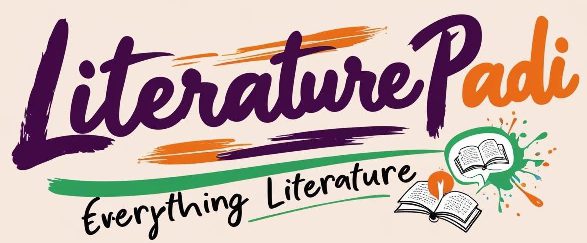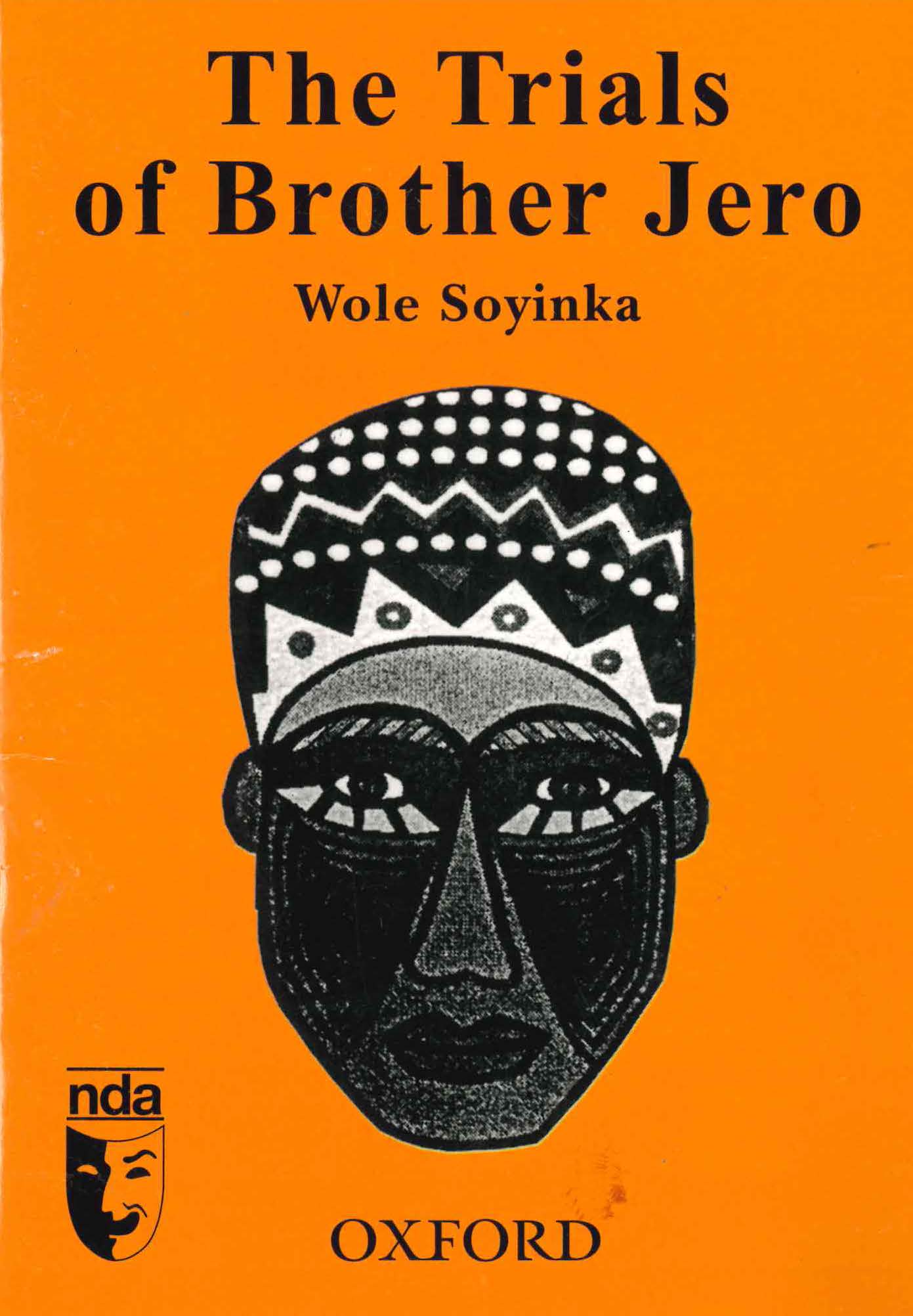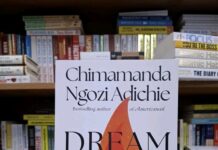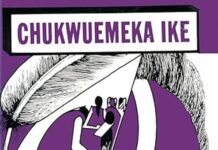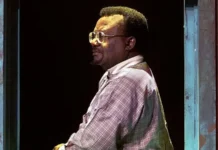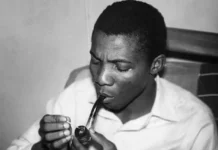📢 Follow our WhatsApp Channel for the latest literary updates!
Scene 1 of The Trials of Brother Jero by Wole Soyinka begins with the monologue of Jero, a self-acclaimed preacher who describes his prophethood as inborn:
“I was born a natural prophet” (p. 3)
– Jero in The Trials of Brother Jero.
He distinguishes himself from other false prophets, but his subsequent self-serving narration does not really place him above the prophets “who get women penitents to shake their bosoms in spiritual ecstasy” (p. 3) to gain spaces or secure their territories on the beach.
He admits to having hired six dancing French girls who impersonate Jehovah’s Witnesses to help his old Master gain a grant of land for their spiritual faith.

His role in the scramble for land does not make him any better than the other prophets whom he had implied in the statement, “there are eggs and there are eggs”, to show, for example, he may only be more crooked but not necessarily better at preaching the gospel.
Besides, he acknowledges his prophethood as a profession, one whose patronage is dwindling due to the change in taste and technology.
Jero admits to having backstabbed his old master (Old Prophet) when he kicked him out of the land he helped secure. Jero claims that he had helped the old prophet secure the land with the conviction that he would take the land for himself.
This monologue in scene 1 of The Trials of Brother Jero is interjected by the curses of the backstabbed Old Prophet, who, among other vituperative words, cursed him that women will be his downfall, knowing that women are Jero’s weakness.
Jero himself is doing all he can to avert the curse. He tries avoiding women all together.

He continues his narration with how one morning, he woke up to behold the sight of a woman. This encounter seems to be the driving force of the text, a prologue of sort that describes Jeroboam for the charlatanical pastorpreneur that he is.
Final Thoughts
The literary devices used in scene 1 of The Trials of Brother Jero are monologue (as stated earlier) and flashback (as evident in the definitive recollection of past events).
Similarly, the themes in scene 1 of The Trials of Brother Jero are deception, religious charlatanism, efficacy of curses, betrayal, religious profiteering, and opportunism.
Join Our Social Media Channels:
- WhatsApp: Literature PADI
- Telegram: Literature PADI
- YouTube: @literaturepadi
- Facebook: Literature PADI
